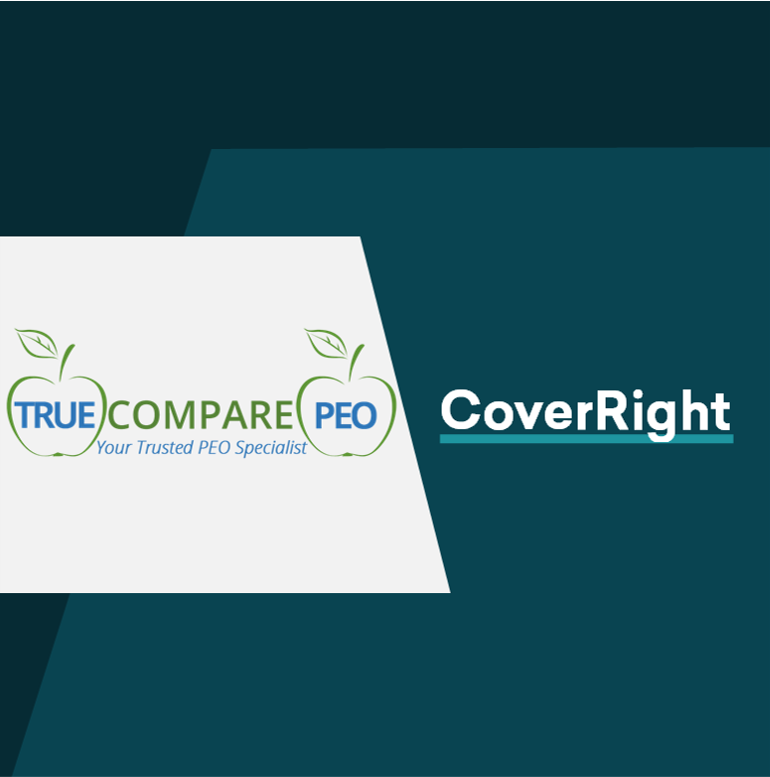Introduction
For 2021, the Kaiser Family Foundation (KFF) notes that 37 percent of all Medicare Advantage plans are PPO plans (while HMO plans make up 59 percent of all plans).
This article discusses the PPO plan’s basic features, pros and cons, and how it differs from other Medicare Advantage plan types such as Health Maintenance Organizations (HMO).
What is a Medicare Advantage PPO plan?
Like HMO plans, Preferred Provider Organization (PPO) plans are a type of ‘managed care plan’ as your medical care is handled by a network of healthcare providers specific to that plan.
However, while PPO plans have a provider network like HMOs – also known as ‘Preferred Providers’ – you are not required to use it. When you have a PPO plan, you can choose to see any provider you like. If you choose to receive care from a doctor or facility that is not inside the plans ‘Preferred Network’, you’ll pay more for your care. This is also known as choosing an “out-of-network” provider.
You may have heard the term PPO or used a PPO plan while working and receiving employer coverage. Both PPOs (and HMOs) are common types of health plans outside of Medicare. A Medicare Advantage PPO plan works much the same way as what you are familiar with.
What are the main features of a Medicare Advantage PPO plan?
The Medicare Advantage PPO plan has the following features:
- A network of “Preferred” healthcare providers/hospitals: As mentioned above, PPO providers have ‘Preferred Providers’ from which you will receive care at a lower cost. There are two types of PPO networks – local and regional. Local PPO serves a single county or group of counties. Regional PPO serves a single state or multiple states.
- No Primary Care Physician (PCP) or specialist referrals: Unlike HMO, plans you are not required to choose a primary care physician (PCP). With PPO plans, you are free to choose who your PCP is and you are allowed to see any specialist without a referral. If your PCP or specialist is out-of-network you will be covered but have to pay a higher cost.
- Lower premiums compared to a comprehensive Medicare Supplement plan: PPO plans will typically have lower premiums relative to a comprehensive Medicare Supplement plan (such as Plan G), which are often purchased by beneficiaries who want the full doctor network flexibility under Original Medicare. Premiums may be higher than HMO plans, although some beneficiaries may be able to find a $0-premium PPO plan in their area.
Also, similar to other Medicare Advantage plans you will get the following benefits:
- Capped limits for your annual out-of-pocket expenses: The maximum cap on out-of-pocket costs allowable is $7,550 in 2022 for in-network services and $11,300 for both in- and out-of-network services. The federal government defines this limit and your plan’s maximum out-of-pocket cap may be lower than this.
- Prescription drug coverage: Many Medicare Advantage PPO plans include prescription drug coverage. This is different from Original Medicare, where you must purchase a standalone Part D Prescription Drug Plan (PDP) to have prescription drugs covered.
- Extra benefits: many plans will include extra benefits such as dental, vision, and hearing coverage as well as other benefits such as gym memberships or coverage over-the-counter (OTC) benefits
These benefits vary depending on the Medicare Advantage PPO plan.
How is it different from an HMO?
Both HMOs and PPOs are categorized as managed care plans – where private insurance companies have contracts with health care providers and hospitals to provide medical care for their members at reduced costs. These providers form the plan’s network.
The primary difference is that with Medicare advantage HMO plans, members can only consult providers within the plan’s network. In contrast, Medicare Advantage PPO members do not have this restriction. They are allowed to visit doctors and hospitals outside the plan’s network.
Secondly, although both HMOs and PPOs are under a managed care organization, HMO members pay lower premiums. This is because HMOs control the costs of “preferred services” within the network. Generally, PPO members pay higher premiums, copayments, and coinsurance for visiting out-of-network providers.
Should I pick a PPO plan?
The main advantage of joining a Medicare Advantage PPO is its flexibility. One is free to choose from a wide range of health care providers, as long as they accept Medicare.
Another benefit is that one doesn’t need to choose a primary care doctor. Moreover, referrals are not required before consulting specialists.
On the negative side, Medicare Advantage PPO plans are more costly. However, if you are fine with paying a little more in premiums for the flexibility a PPO offers, these plans can provide a great balance of flexibility and cost.
Medicare Supplement (Medigap) or PPO?
If you are aging into 65, and you are looking for plans with doctor network flexibility, a key decision will be whether to get a Medicare Supplement (Medigap) plan or Medicare Advantage PPO plan.
Your decision will have to decide based on their current health condition and financial capacity.
With Medigap plans, you ‘prepay’ for healthcare costs via monthly premiums. Medigap plans allow for more consistent monthly costs, and you typically don’t have to worry about paying additional out-of-pocket costs, as your plan premiums cover these.
However, your premiums are typically high for a comprehensive plan (such as Plan G) ranging from $100 – $300+ depending on your location. If you are relatively healthy, you may end up paying more over a year with Medigap relative to a Medicare Advantage PPO (and HMO plan) if you don’t use healthcare services often.
Final Words
Under Medicare Advantage PPO, remember that consulting health providers within the network is less costly than out-of-network providers. However, if you value wider access and choice of doctors/hospitals, and are fine with paying a little more in premiums for that flexibility, a PPO plan can provide a great balance of flexibility and cost.
At CoverRight, we’re here to help you find the right coverage that you deserve. Reach out today and start finding the best Medicare plan for you.



















